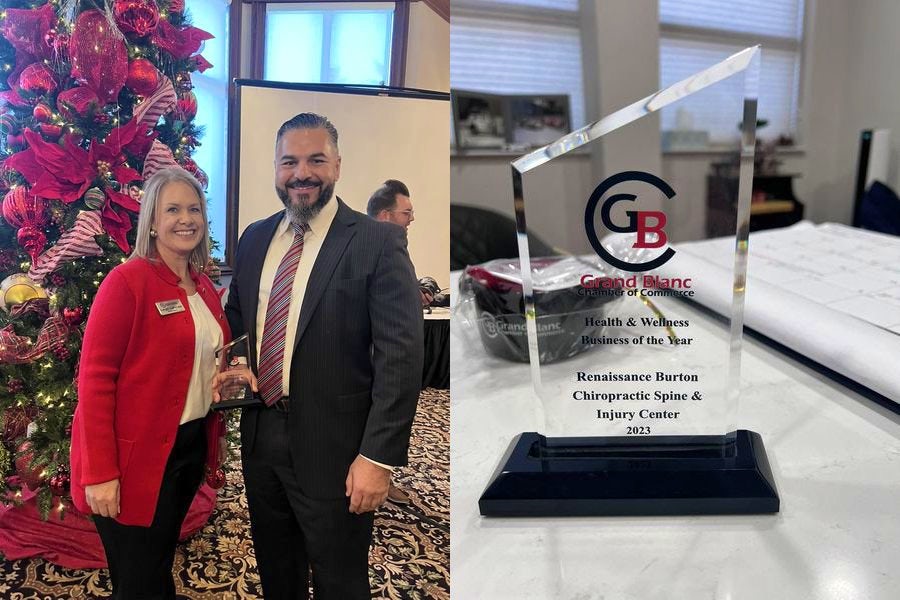Many people with sciatica find the pain to be so debilitating that they are forced to miss work and social gatherings. Among patients with lower back pain, those with sciatica experience the highest level of disability.1 According to public health records in Norway, patients with sciatica are disabled for an average of 72 days a year.
A recent study offers hope to patients suffering from sciatica pain. The new research suggests that chiropractic treatments may speed sciatica recovery, enabling patients to return to work faster.2 The researchers evaluated 44 Norwegian workers who had visited the hospital with severe sciatic pain. Most of the participants had been experiencing pain for at least three weeks before visiting the hospital.
In the hospital, a chiropractor evaluated each patient’s posture, gait, range of motion, and palpation of the lumbar spine. The chiropractor then performed joint adjustments to the spine, in addition to other joints that had been injured as patients compensated for the pain. Soft tissue soreness was relieved with ice treatment. Patients received daily treatments while in the hospital, and then three times a week for a period of two weeks. Some patients also underwent additional follow-up treatments, but most did not receive more than 14 treatments.
Within 21 days, 91% of patients had returned to work full-time. An additional 2 patients were back at work part-time. The researchers concluded that the study demonstrates the potential benefit of chiropractic care for sciatica patients.
References
Arana E, Marti-Bonmati L, Vega M, et al. Relationship between low back pain, disability, MR imaging findings and health care provider. Skeletal Radiology 2006;35(9):641-7.
Orlin JR, Didriksen A. Results of chiropractic treatment of lumbopelvic fixation in 44 patients admitted to an orthopedic department. Journal of Manipulative and Physiological Therapeutics 2007;30:135-139.

